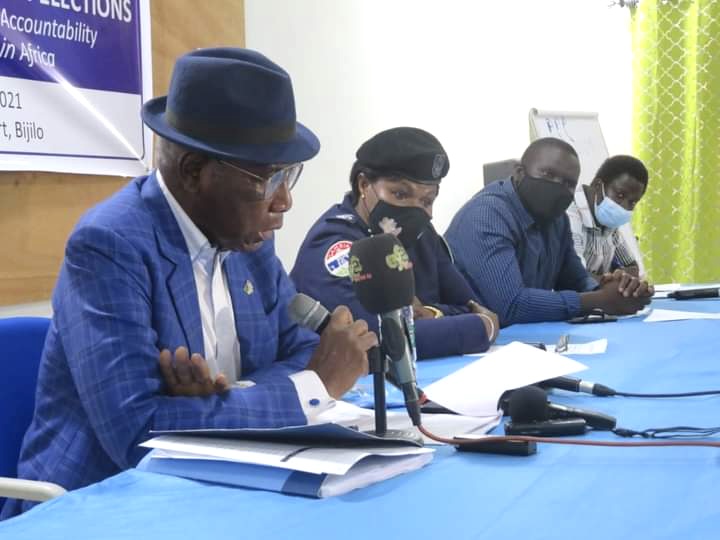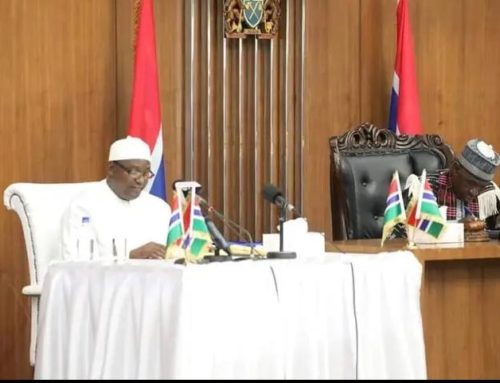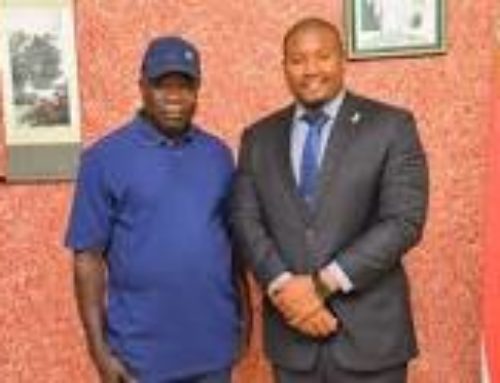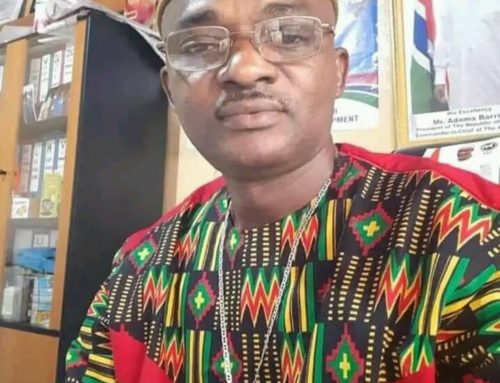The Gambia Press Union on Thursday began a two-day training of staff of the Independent Electoral Commission (IEC) and members of the Gambia Police Force and the Gambia Armed Forces on Access to Information and Elections.
Funded by the National Endowment for Democracy (NED) through the Africa Freedom of Information Centre (AFIC) in Uganda, the training is part of a project aimed at “Improving Transparency and Accountability in Electoral Processes in Africa”.
It is being jointly implemented in The Gambia by the GPU, in Uganda by AFIC, and in Zambia by the Panos Institute Southern Africa.
“This training comes at a critical time for Gambia. The IEC and law enforcement bodies are critical stakeholders in ensuring access to information in elections for the credibility of the democratic process,” Sheriff Bojang Jr, President of GPU, said in his welcome remarks. “Conducting a successful election depends largely on whether or not there is transparency and accountability in the electoral processes – from the registration of voters to the counting of the election results.”
Gambians will head to the polls in December this year to elect a new president, while National Assembly and local government elections are not due until 2022.
John Charles Njie, Chairman of the Civil Society Coalition on Access to Information, said it was important that Gambians work more together to enhance access to information. He said this will allow all stakeholders to play an effective role in the development of the country.
“The collaboration between civil society and the Gambia government, which resulted in a draft access to information law currently before lawmakers, is something we should be proud of,” Njie said.
Speaking on behalf of the Deputy Inspector General of Police, Commissioner Sireh Jabang, said the assurance of impartiality during an election year is essential to the attainment of the participants’ confidence and commitment to the electoral process.
“The institutions responsible for the administration and security of an election must fulfil their mandate, and they must remain impartial. Therefore, this training on access to information and elections is timely,” she said.
In his keynote address, the Chairman of the IEC, Alieu Momarr Njai, said “the IEC’s mandate centres around policies that promote freedom, fairness and transparency.”
“In this regard, transparency calls for the dissemination of timely and accurate information to all stakeholders in the electoral process,” he said.
Mr. Njai also hailed the media as playing a very positive role in the success of previous elections, especially in the area of information dissemination. “Whatever is done in the election process is greatly influenced by the quantity and quality of electoral information that voters have been given access to,” he said.
Access to election-related information is critical to the integrity of electoral processes in the democratic world. It empowers the electorate to be well-informed about political processes with due regard to their best interest: to elect political office holders; to participate in decision-making processes on the implementation of the laws and policies, and to hold public officials accountable for their acts or omissions in the execution of their duties
As part of this project, stakeholders like the media, civil society, political parties, parliamentarians, the election management body and law enforcement in The Gambia are being trained to advocate for and implement reforms, as well as monitor the preparation and management of the upcoming elections in line with regional and international norms.
By: Awa Macalo






Leave A Comment